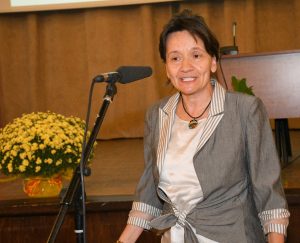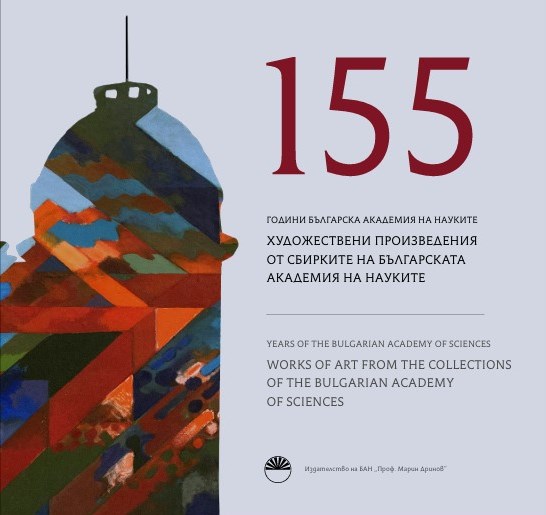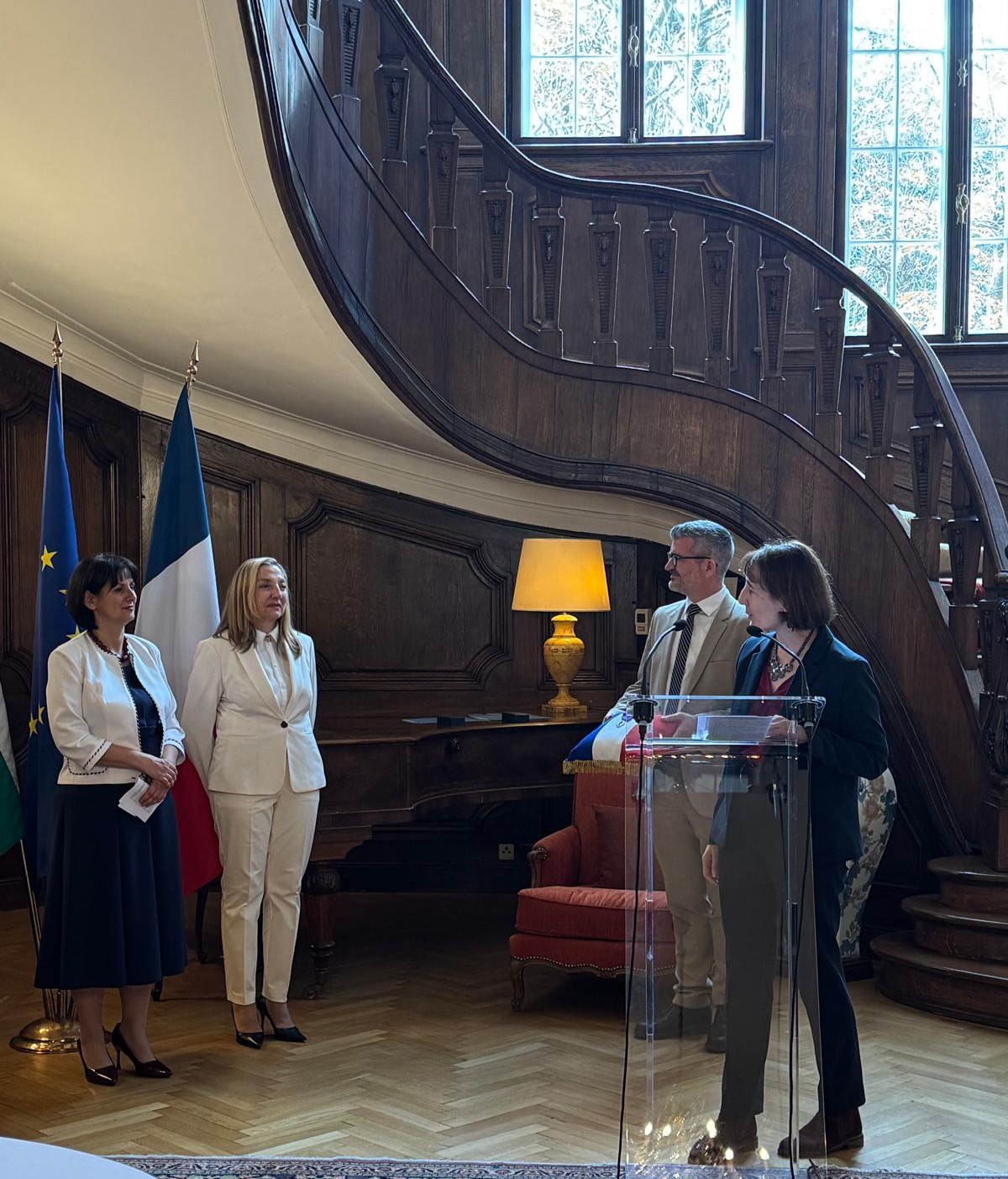 Assoc. Prof. Anelia Kasabova from the Institute of Ethnology and Folklore Studies with Ethnographic Museum of BAS is part of the interdisciplinary and international research team whose project “Taming the European Leviathan: The Legacy of Post-War Medicine and the Common Good (LEVIATHAN)” is among the 37 proposals approved for funding by the European Research Council (ERC) for 2019. The project is in the synergy category for small teams of highly qualified researchers. For the first time a Bulgarian scientist has won recognition in this category.
Assoc. Prof. Anelia Kasabova from the Institute of Ethnology and Folklore Studies with Ethnographic Museum of BAS is part of the interdisciplinary and international research team whose project “Taming the European Leviathan: The Legacy of Post-War Medicine and the Common Good (LEVIATHAN)” is among the 37 proposals approved for funding by the European Research Council (ERC) for 2019. The project is in the synergy category for small teams of highly qualified researchers. For the first time a Bulgarian scientist has won recognition in this category.
 “Against the background of contemporary uncertainties and divisions, the project aims, through a historical account of complex developments in the fields of medicine and healthcare, to contribute to the consolidation of a common European identity, to enhance the dialogue on the common history of Europe,” notes Assoc. Prof. Kasabova.
“Against the background of contemporary uncertainties and divisions, the project aims, through a historical account of complex developments in the fields of medicine and healthcare, to contribute to the consolidation of a common European identity, to enhance the dialogue on the common history of Europe,” notes Assoc. Prof. Kasabova.
“An interdisciplinary approach, combining economic, political, legal perspectives and the analysis of day-to-day healthcare practices will allow us to track developments in our understanding of the Common Good in both capitalist and state-run socialist countries. Specific issues are many and varied: reproductive policies; institutional care for disadvantaged people; views, policies and practices regarding old age / aging; medical experiments and the development of the pharmaceutical industry. Taking into account national peculiarities, and without neglecting the important political, economic, ideological differences and often different goals behind the policies in the field of medicine and healthcare, we will look for the interpenetrations, interrelationships, interdependencies between Eastern and Western Europe. Medical research, the control of (epidemic) diseases, the development of medical technologies are an essential part of the socialist project of “alternative modernity” that unfolds in dialogue with Western liberal modernity,” Kasabova explains.
The leading researchers involved in the preparation and defense of the project proposal are: Anelia Kasabova, Institute of Ethnology and Folklore Studies with Ethnographic Museum of BAS, Sofia; Volker Hess, Institut für Geschichte der Medizin und Ethik in der Medizin-Charite Universitatsmedizin Berlin, Judit Sandor, Central European University, Hungary and Ulf Schmidt, University of Kent. For the implementation of the project, they will form expanded teams including historians, lawyers, sociologists and ethnologists / anthropologists in a general study of the intertwined history of post-World War II Europe.
The funding for the project is approximately € 9.9 million which will be utilized over a 6-year implementation period (2020 – 2026). The Bulgarian side will receive about 2.2 million Euro.
The European Research Council (ERC) provides funding in four categories, with Synergy being the only one to require, on one hand, compulsory team participation and, on the other, high qualification and proven scientific input of at least 10 years for each of its members.





